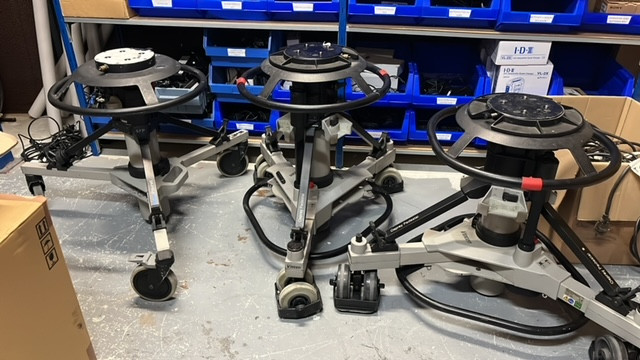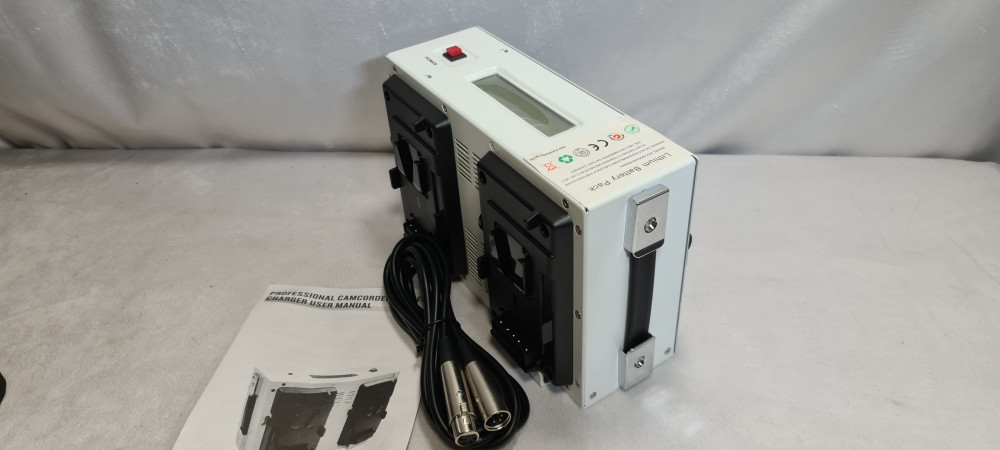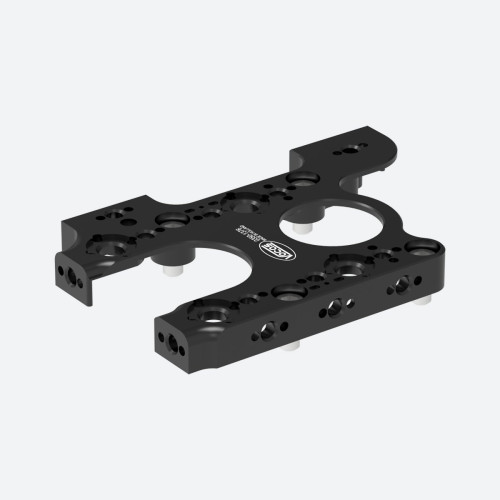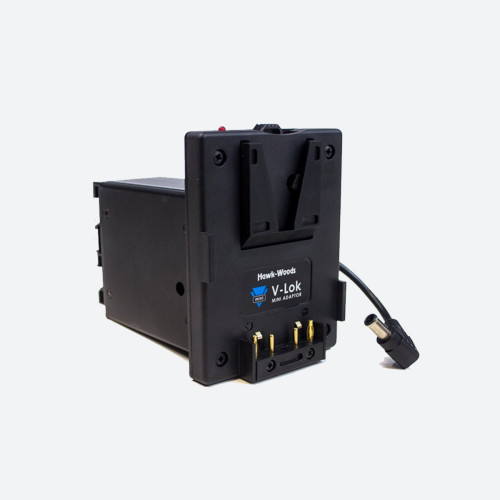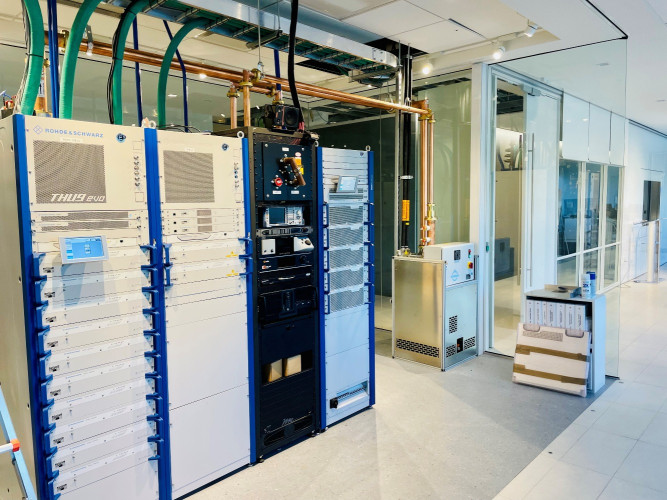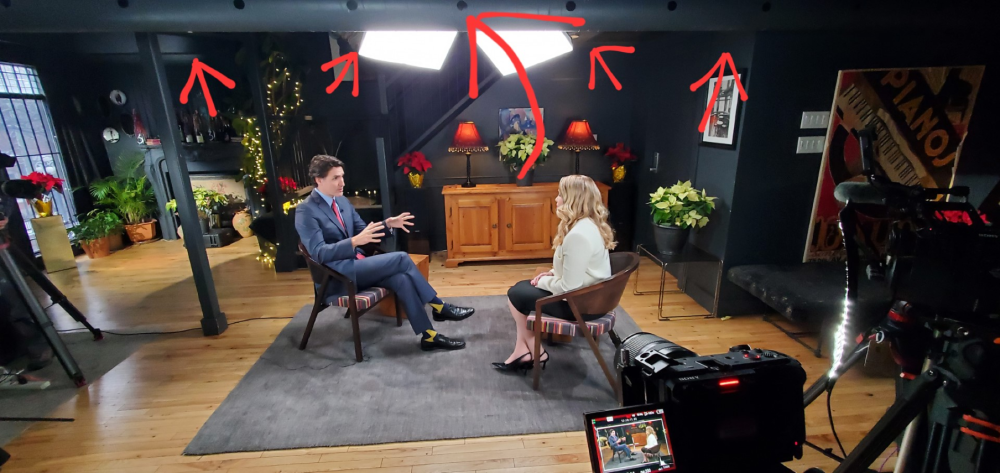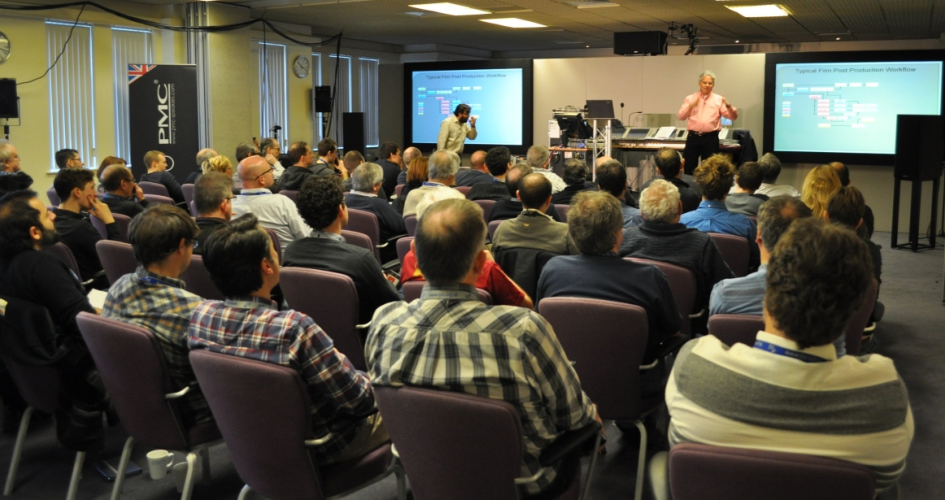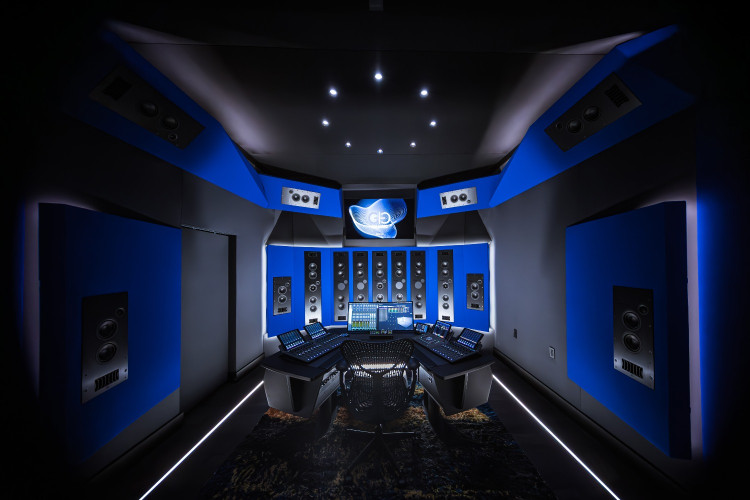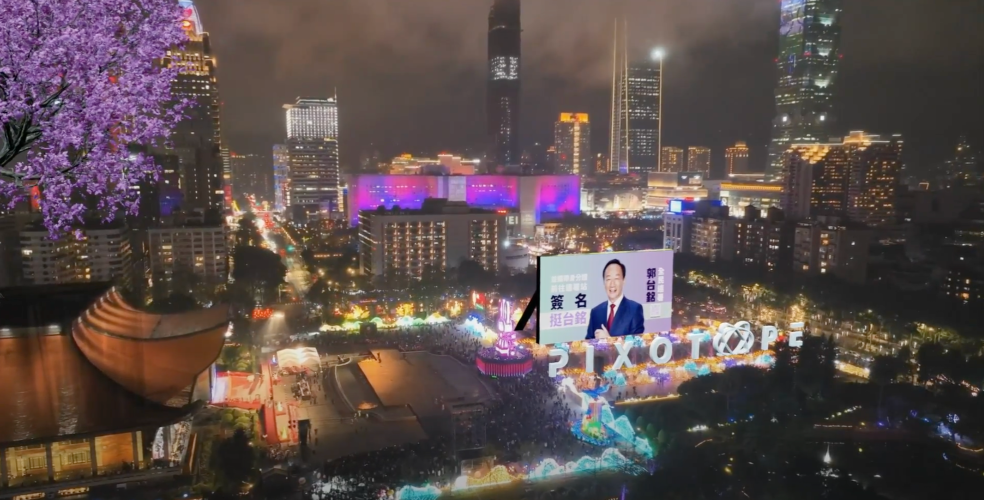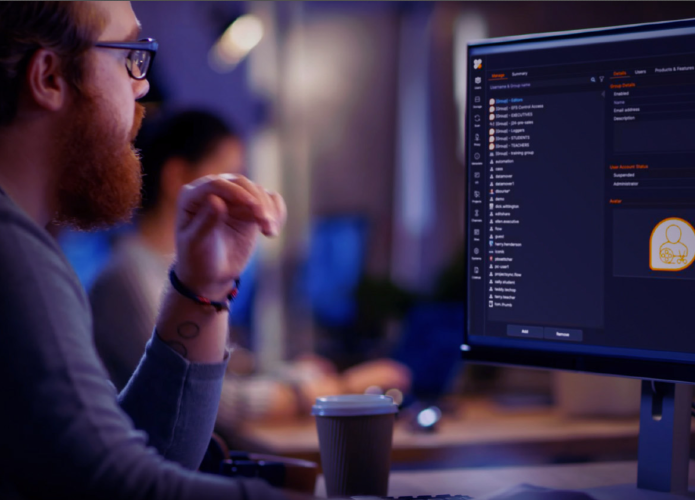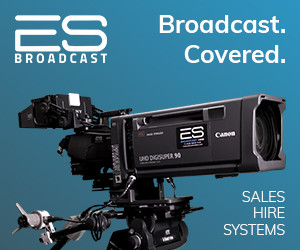Lincolnshire Police Enhances Distance Learning Program
Author: KitPlus
Published 1st April 2013
Getting the best out of employees, especially ones who play such a big role in the wider community, requires continual professional development. Training is a top priority to ensure officers are equipped with the skills they need to tackle any scenario they might encounter.
For over 40 years, Lincolnshire Police has placed the utmost importance on training by creating a television production unit in the early 1970’s. It is used to recreate ‘real life’ scenarios for press officers and training videos for police officers. This includes a small HD studio and an outside broadcast ‘down the line’ environment to put trainees through their paces in a simulated crisis.
More recently the division has installed high end broadcast technology, including Blackmagic Design’s ATEM 2 M/E Production Switcher and 2 M/E Broadcast Panel, so that program material can be submitted to broadcast media in HD.
The Head of Television Production, David Buckley, at Lincolnshire Police explains why it was important to have a HD television studio.
Importance of Training
According to Buckley it was a mandate from the Home Office that saw Lincolnshire Police add recording capabilities to its training program. “With our ability to film and edit training videos on site, it means that we can utilize our distance learning program more by eliminating the need for officers to travel long distances to attend in person training sessions.”
The training videos filmed in a mock house setup and actors are hired to act out ‘real life’ scenarios on camera reveals Buckley. “Each scene is constructed to demonstrate the appropriate way an officer might handle a variety of scenarios and situations on the job. Implementing a training program in this manner is an important cost saving exercise as we can train a large number of officers with a single video,” explains Buckley.
The television production team also recently wrapped up a campaign on domestic violence. It had two messaging strands; an internal one for police officers to better understand the signs of domestic violence, and a public message encouraging people to report cases of domestic violence.
“Having a television studio at our disposal is vital to our ability to develop public messaging campaigns and training programs,” says Buckley. “We are able to create a lot of content on site, therefore saving on production costs and we get to produce videos which focus on the issues that matter most to our community.”
In addition to training police officers, the television production department also runs national courses for police communicators. The intensive one week courses put new and established communicators through some of the toughest ‘on the job’ situations, including mastering the art of interview techniques and feeding information to spokespeople on camera. Additionally, they are taught how to handle interviews at an incident scene along with how to cope during a media crisis. During this period David’s production unit creates content in the same way a television broadcaster would.
“Having a real television station environment is vital to training Police communicators,” according to Buckley. “Working in front of a camera can be overwhelming, and the ability to handle a situation or crisis, in a calm and confident manner is important,” says Buckley.
“They need to understand how to feed information to someone on camera while they are sat in an OB truck away from the scene, or how to keep calm while being grilled on camera by a reporter. While we can’t train individuals for every eventuality, we can at least ensure they have a good understanding of the broadcast environment and what to expect from journalist interview,” said Buckley.
Adding Value with Technology
Installing affordable broadcast quality equipment has allowed the production department at Lincolnshire Police to add more value, because now they can also use the studio as a working television station that can record and distribute official comment.
“When there isn’t any training courses going on, we will use our studio to bring in senior police officers or spokespeople to deliver a statement on camera in front of a green screen,” says Buckley. “ Having a production switcher with chroma key functionality was important, because it has allowed us to replace the background behind the subject. The footage is then edited, graphic titles are inserted and is available for viewing on the force Intranet the same day,” he adds.
The HD studio at Lincolnshire Police uses three digital cameras connected via SDI to Blackmagic’s ATEM 2 M/E Production Switcher the program out put is then sent to a digital hard drive recorder.
If required, additional post production is carried out using Final Cut Pro and then transferred to the web team for distribution to social networking sites, regional media, internal severs or distributed as DVDs in the case of high security.
“Where necessary we also deliver pre packaged content to broadcasters, and had to have a studio that was HD capable. This included a suitable multi camera setup and having a broadcast quality switcher with professional graphics and chroma key features,” said Buckley.
Much of the running costs are generated from sales of courses and DVD production for other organizations, however, being a publicly funded organization, Lincolnshire Police had to ensure any investment on their part represented value for money. “In addition to the ATEM 2 M/E switcher and panel for the studio, we also purchased the ATEM Television Studio for our on the scene training due to its portability. Both switchers are feature rich and excellent value for money.”
“The ATEM 2 M/E switcher was perfect for our growing studio and it’s good to know that I have the right tools to cope with more cameras or other gear should we need to expand in the future,” said Buckley.



